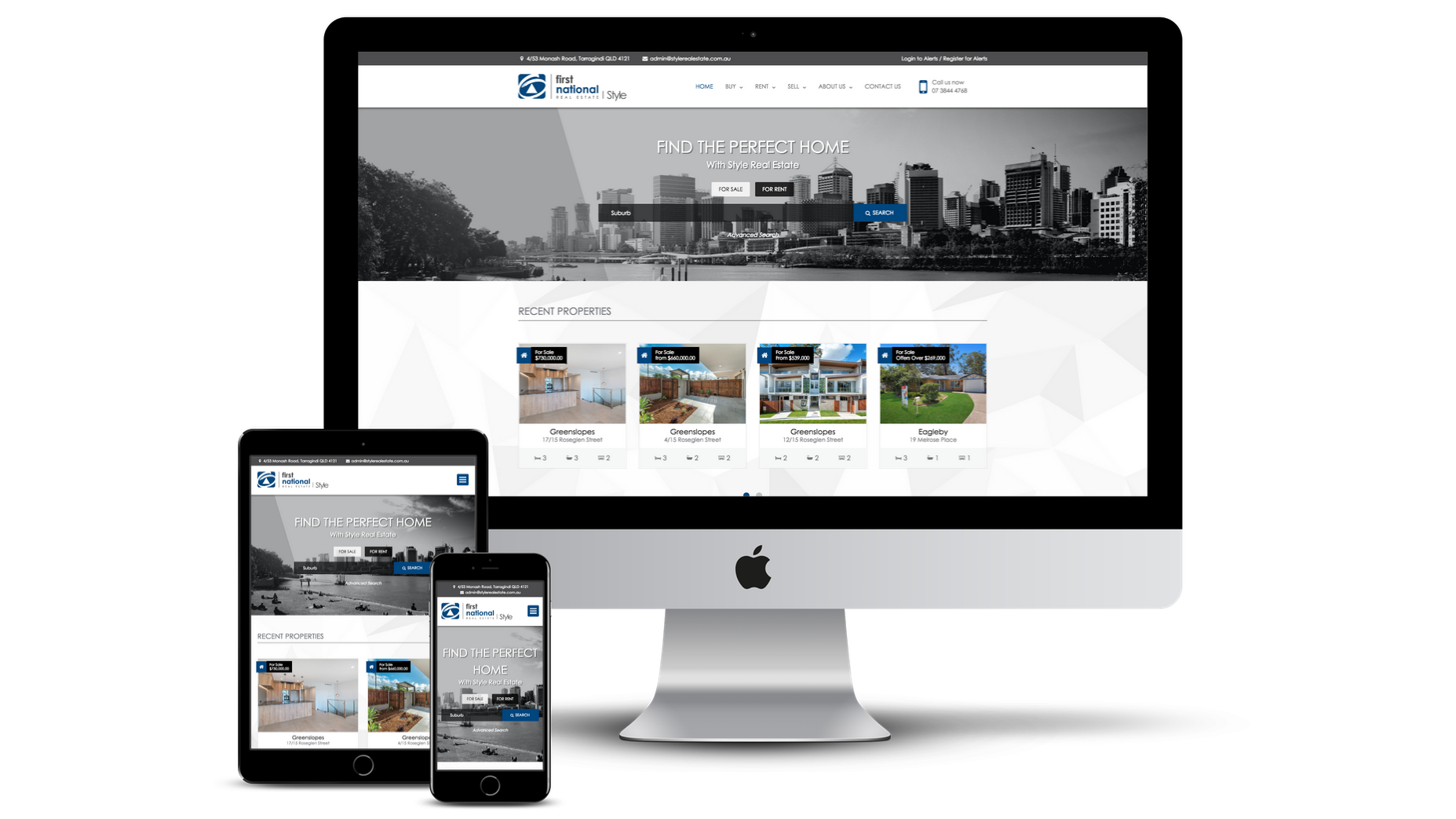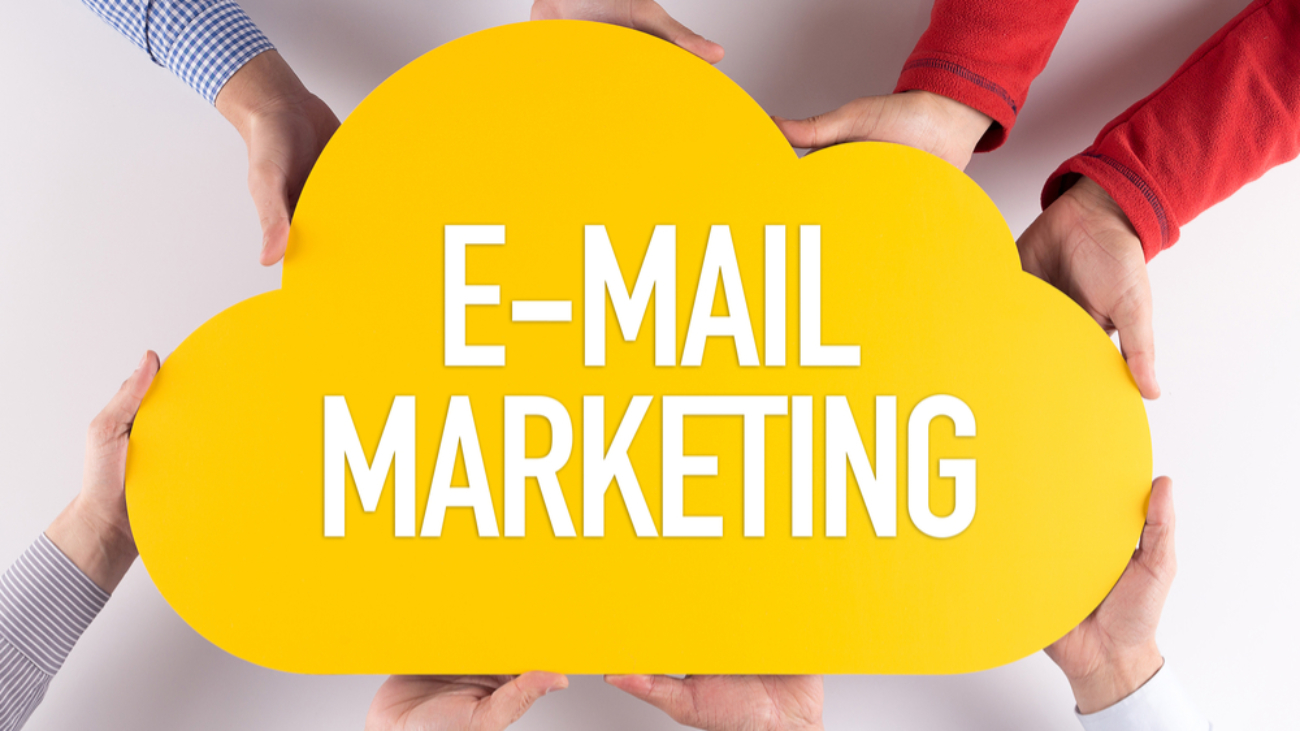 With the world of business having become so competitive in all industries over the years, effective marketing has become more and more vital. These days, there are various ways in which you can market your business and this includes a number of cost effective solutions that can help to expand your reach when it comes to marketing.
With the world of business having become so competitive in all industries over the years, effective marketing has become more and more vital. These days, there are various ways in which you can market your business and this includes a number of cost effective solutions that can help to expand your reach when it comes to marketing.
Traditional forms of marketing such as print media and TV advertised can be expensive. At the same time, they can also limit the number of people and the locations that you can reach with your marketing message. With digital marketing methods such as social media, you can market your goods and services on a global level, which makes it easier for your business to compete internationally as well as nationally and locally.
The key benefits of using Instagram for exposure
One of the many popular social media platforms that businesses such as real estate agencies use these days is Instagram. There are many benefits that you can look forward to when you use this platform as part of your marketing strategy. Some of the key benefits that you will be able to look forward to include:
- Customer engagement: Customer engagement is crucial in all business marketing, including real estate marketing. Instagram is a great way to boost customer engagement and research has shown that this platform generates a massive 120 times more engagement per follower compared to well known sites such as Twitter. This makes it the ideal channel for connecting with customers, keeping them engaged, and building relationships.
- Spreading the word: With sites such as Facebook and Twitter, you can spread the word about your products and services through shares and re-tweets. However, with Instagram you may find that your audience is sharing photos with their own followers along with details of your business. For instance, if you post details and photos of a property for sale in the site, you could find that someone sees it and then shares the photo and details with all of their followers.
- Reach out to new people: If you are looking to expand your audience, using Instagram is a great way to do this. People use this channel to find new photos, people, and businesses, and this can be done with ease through the use of hash tags with your posts. Like other social media sites, Instagram makes it easy to find new followers and audiences from countries around the world so you can really expand your reach.
Promoting your account
Once you have opened an Instagram account, you should look at following some people – preferably people who would be classed as influential in your industry. You can then focus on the promotion of your account, and this can be done through cross promoting on other social media platforms as well as on your own website. If you use business cards and other printed marketing materials, make sure you also put the details of your Instagram and other social media business accounts on there.



 In any type of business these days, it can be difficult to effectively market products and services or capture the attention of consumers. For real estate agents, this can be a particular challenge especially given the level of competition in the market. With real estate agents having to compete with more and more rivals, success is set to become even more difficult for real estate agents. However, there are ways in which you can combat this problem and improve both your marketing and success levels.
In any type of business these days, it can be difficult to effectively market products and services or capture the attention of consumers. For real estate agents, this can be a particular challenge especially given the level of competition in the market. With real estate agents having to compete with more and more rivals, success is set to become even more difficult for real estate agents. However, there are ways in which you can combat this problem and improve both your marketing and success levels.
 As a real estate professional, your personal brand is a catalyst to success. It’s your major selling point, and in today’s world, standing out from the crowd with effective self-promotion is what puts the distance between you and the next agent.
As a real estate professional, your personal brand is a catalyst to success. It’s your major selling point, and in today’s world, standing out from the crowd with effective self-promotion is what puts the distance between you and the next agent.
 The other week, Facebook came out and stated their plans to shake things up on the News Feed. The new initiative, which is set to change the way content is displayed to users in 2018, has sparked a great deal of discussion in the real estate industry as to how it’ll impact the network’s usefulness as a marketing tool.
The other week, Facebook came out and stated their plans to shake things up on the News Feed. The new initiative, which is set to change the way content is displayed to users in 2018, has sparked a great deal of discussion in the real estate industry as to how it’ll impact the network’s usefulness as a marketing tool.
 Ever feel like you’ve known there’s a way to easily grow your real estate’s online marketing presence, but you can’t quite put your finger on it?
Ever feel like you’ve known there’s a way to easily grow your real estate’s online marketing presence, but you can’t quite put your finger on it?
 In the heated, highly competitive digital landscape that real estate is increasingly calling home, the importance of content marketing shouldn’t be underestimated. If you’re getting it right, it can be a solution to the majority of your marketing challenges, whilst maintaining an enviable ROI.
In the heated, highly competitive digital landscape that real estate is increasingly calling home, the importance of content marketing shouldn’t be underestimated. If you’re getting it right, it can be a solution to the majority of your marketing challenges, whilst maintaining an enviable ROI.
 Long time clients Style Real Estate in Brisbane were leaving their franchise group to go to First National Real Estate. As their Director Peter Elisseos wanted to remain using
Long time clients Style Real Estate in Brisbane were leaving their franchise group to go to First National Real Estate. As their Director Peter Elisseos wanted to remain using 

 In the digital marketing space, attention spans run low – and the web is coated in a thick layer of content produced by your competitors. So, in an environment this competitive, how can you ensure the words you’re writing are the hot topic, attracting the eyeballs you need?
In the digital marketing space, attention spans run low – and the web is coated in a thick layer of content produced by your competitors. So, in an environment this competitive, how can you ensure the words you’re writing are the hot topic, attracting the eyeballs you need?
 It’s a fact and we need to accept it – we’re now getting deep into 2018. And whether you’re still sticking to your New Year’s resolutions or have given up on them completely, we’ve got a couple ideas for routine changes that’ll help you boost your productivity and increase your ROI. Read on to find out more:
It’s a fact and we need to accept it – we’re now getting deep into 2018. And whether you’re still sticking to your New Year’s resolutions or have given up on them completely, we’ve got a couple ideas for routine changes that’ll help you boost your productivity and increase your ROI. Read on to find out more: